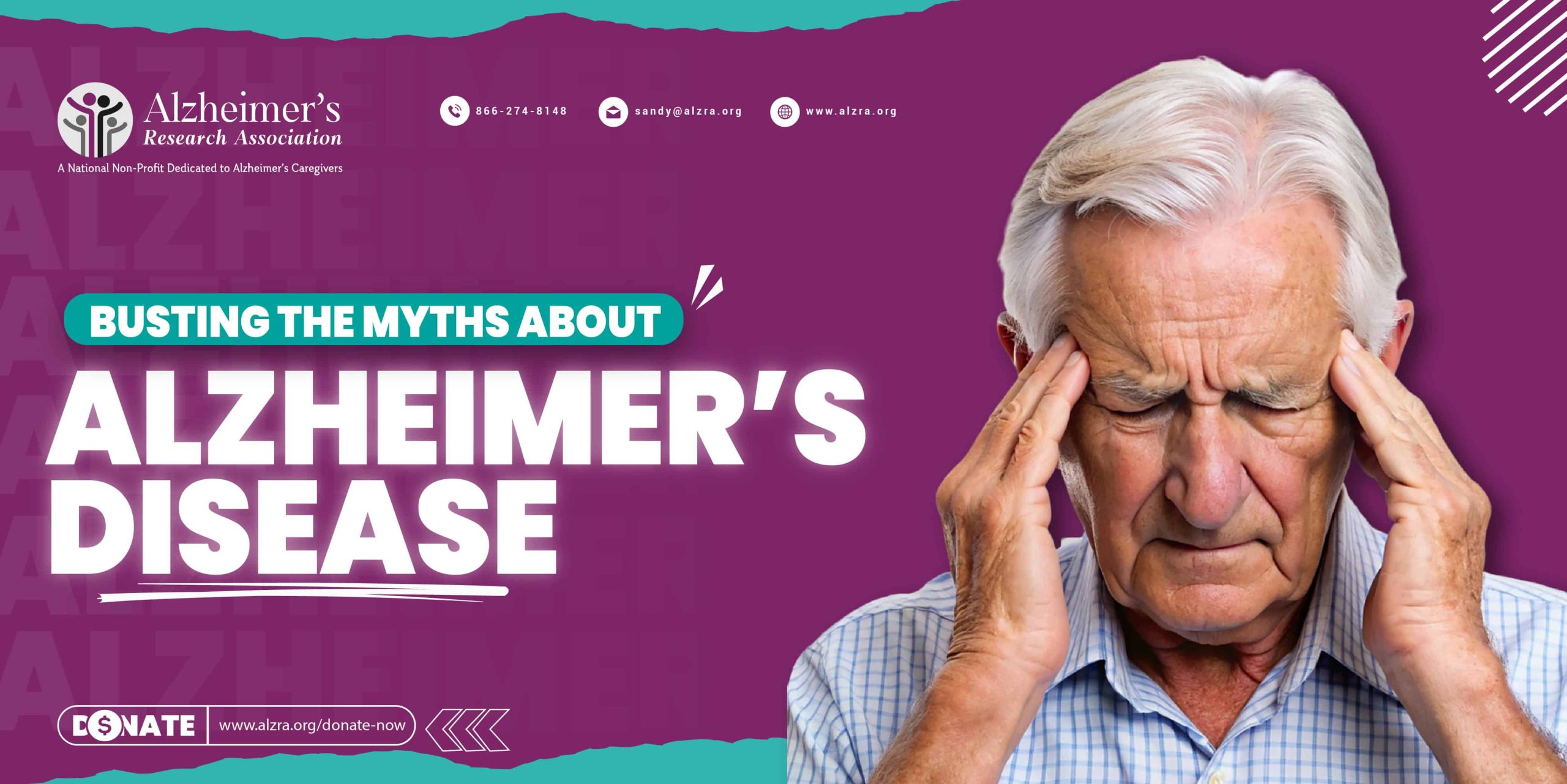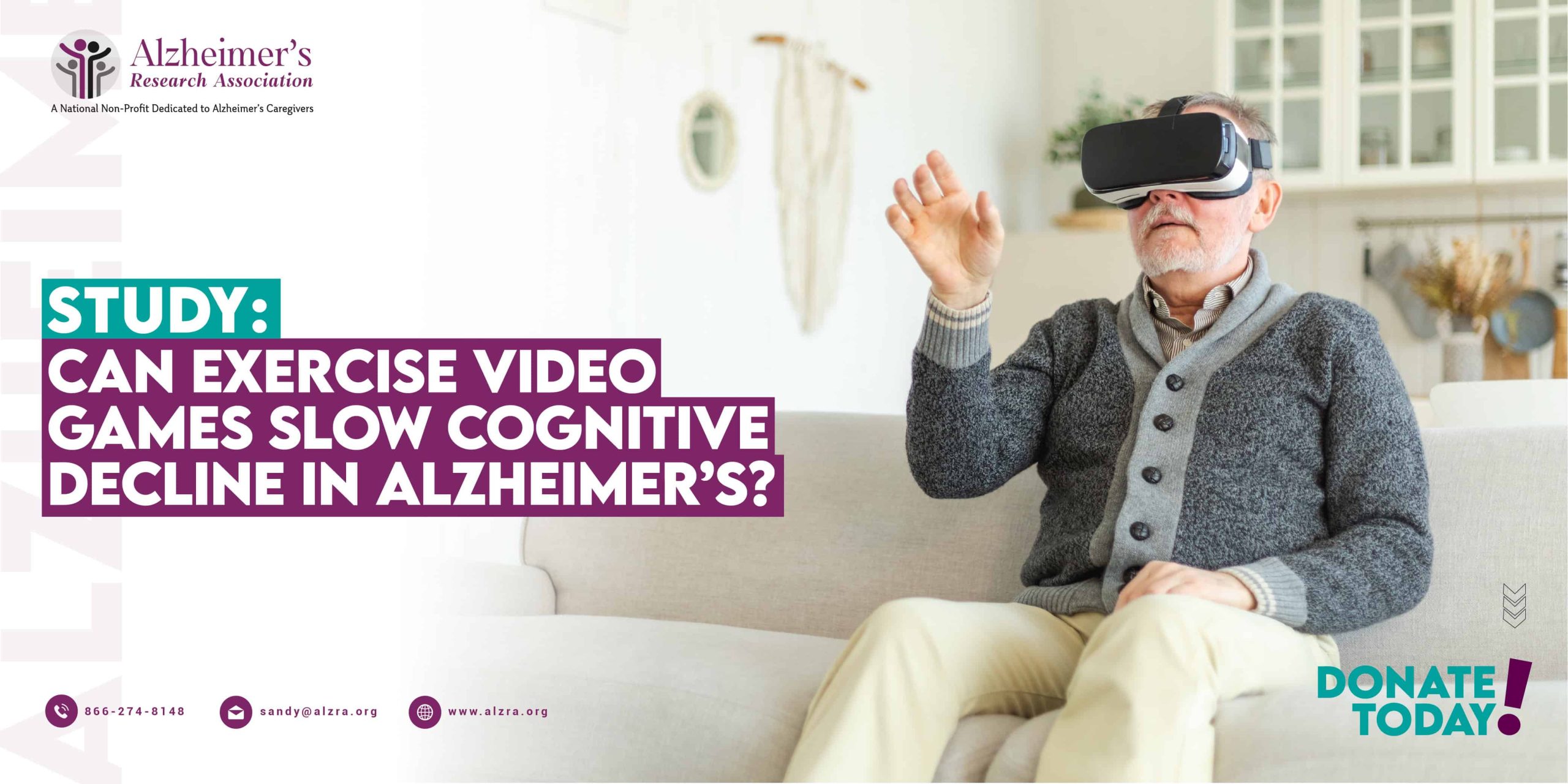There are many myths and misconceptions about Alzheimer’s disease. These myths can lead to misunderstandings regarding the condition, affecting both awareness and care.
Alzheimer’s disease is one of the most common and devastating forms of dementia, affecting millions of people worldwide. Yet despite decades of research and awareness campaigns, myths and misunderstandings about Alzheimer’s continue to persist. Too often, these myths create unnecessary fear, delay diagnosis, and discourage families from seeking the help and support they need.
This article examines prevalent myths and misconceptions regarding Alzheimer’s and dispels them.
Myth 1. Memory loss is a natural part of aging.
Fact: Occasional forgetfulness is a normal part of aging. It is common to experience memory issues as we age, such as forgetting the name of a new acquaintance. Alzheimer’s, on the other hand, is more than just a temporary memory loss. It is a condition that leads to the malfunction and eventual death of brain cells. When this occurs, a person can lose track of the directions to a house they’ve lived in for decades or the name of an old friend.
Having symptoms such as concentration problems, poor judgment, trouble recognizing loved ones and familiar places, and forgetting the date or time of year, along with memory loss, could indicate Alzheimer’s.
Myth 2. Alzheimer’s and dementia are the same thing.
Fact: Dementia is an umbrella word that refers to a group of symptoms related to cognitive impairment. It describes cognitive abilities that have declined to the point that they start interfering with day-to-day activities. These symptoms, which may include sleep disorders, hallucinations, delusions, or agitation, might have an impact on memory, thinking, and behavior.
By itself, dementia is not a medical condition. Dementia is a broad term for a loss of cognitive functioning severe enough to interfere with routine activities. However, Alzheimer’s is a specific disease that is the leading cause of dementia. Biochemical alterations in the brain that are linked to specific diseases result in the symptoms.
Myth 3. Alzheimer’s only affects older people.
Fact: While age is the most significant risk factor for Alzheimer’s and dementia, with most people experiencing symptoms in their 60s, some people acquire symptoms at a younger age.
Alzheimer’s can affect people in their thirties, forties, and fifties. That said, it can strike persons as young as 30. Since it affects those under the age of 65, it is known as younger-onset or early-onset Alzheimer’s.
Myth 4. Alzheimer’s cannot be diagnosed until after an autopsy.
Fact: There is no single test for determining whether someone has Alzheimer’s disease or another type of dementia. Previously, medical history and cognitive testing were the primary methods used to make a diagnosis. Doctors now utilize biomarkers, brain imaging, and fluid testing, such as cerebrospinal fluid (CSF) and blood, in addition to cognitive and physical evaluations, to detect the condition.
An early and precise diagnosis is essential in this new era of Alzheimer’s treatment. It provides people and families more time to make future plans, enables early treatment, and increases opportunities to participate in clinical studies.
Myth 5. Alzheimer’s disease is not fatal.
Fact: Although many people die of various ailments before Alzheimer’s, the disease itself is ultimately fatal. The disease kills brain cells, resulting in memory impairment, unpredictable behavior, and loss of bodily functioning. It gradually and cruelly robs a person of their identity and ability to think, walk, eat, talk, and maintain social connections.
Currently, there are FDA-approved medications that target the condition’s underlying biology to delay its development in people with early Alzheimer’s. Nevertheless, these treatments are not cures.
Myth 6. Alzheimer’s is genetic.
Fact: Although genes can play a role in Alzheimer’s, it is not purely genetic or inevitable. Fewer than one percent of cases are caused by inherited genetic mutations that directly lead to early-onset Alzheimer’s [1]. In most individuals, the disease is sporadic, arising from a complex mix of age, lifestyle, and environmental factors, rather than a single gene.
Having a family member with Alzheimer’s may slightly increase your risk, but it does not mean you will definitely develop it.
Myth 7. No effective treatments are available for Alzheimer’s.
Fact: For many years, treatments for Alzheimer’s only managed symptoms without altering its progression. Drugs like donepezil and memantine offered limited benefit. Recently, the FDA approved two new therapies, lecanemab (Leqembi) and donanemab (Kisunla), that target amyloid buildup (the hallmark of Alzheimer’s) in the brain, helping to slow cognitive decline in people with early-stage disease.
While not cures, and still debated due to cost, side effects, and access, these approved drugs represent a crucial step forward in addressing the disease. Their effectiveness in the earliest stages highlights the importance of early detection and diagnosis.
Myth 8. There is no way to lower your risk of Alzheimer’s.
There is evidence that leading a healthy lifestyle can minimize your risk of developing Alzheimer’s. By quitting smoking, maintaining a healthy and balanced diet, exercising frequently, limiting drinking, getting enough sleep, and remaining mentally and socially active, you may be able to delay the onset of Alzheimer’s disease or lower your risk of developing it.
Although some lifestyle, dietary, and behavioral changes are simpler to implement than others, none of them can be sure to prevent Alzheimer’s or dementia. Consult your doctor for guidance on diet, activity level, and overall health if you are considering making changes to your lifestyle.
Myth 9. Memory problems are always an indicator of dementia.
It is crucial to remember that some people experience dementia-like symptoms without the progressive brain alterations associated with degenerative brain disorders like Alzheimer’s. Depression, untreated sleep apnea, delirium, pharmaceutical side effects, Lyme disease, thyroid issues, head trauma, brain tumors or blood clots, certain vitamin deficiencies, and excessive alcohol use are some of the conditions that can cause symptoms similar to dementia. Unlike Alzheimer’s and other dementias, dementia induced by these conditions can often be reversed with treatment.
Myth 10. Dementia can be prevented by a specific food or supplement.
A nutritious diet and better lifestyle choices may help lower a person’s risk of dementia and cognitive decline. However, research has not demonstrated any single food, ingredient, or dietary supplement to prevent, treat, or cure Alzheimer’s or other forms of dementia. In fact, a single food, ingredient, or supplement is unlikely to have substantial beneficial effects on a condition as complicated as Alzheimer’s.
People with Alzheimer’s or other dementia and their caregivers should discuss all medications, dietary concerns, and supplements they are taking with their doctors. It enables doctors to provide the best nutritional recommendations, consider potential interactions with drugs, and assess the possibility of unanticipated side effects.
Alzheimer’s Research Association is a non-profit organization dedicated to helping caregivers of Alzheimer’s disease and dementia. We provide the latest information and news about the illness and helpful tips to help caregivers cope with their daily caregiving challenges. We realize the most important thing that a caregiver needs is financial assistance. Therefore, we provide grants to caregivers to ease their financial burden. Caregivers can apply for grants here: Alzheimer’s Grant Application.
You can also help caregivers in their endeavor by donating as much as possible: Donation to Alzheimer’s Research Association.
References
- Pavisic, I.M., Nicholas, J.M., O’Connor, A., Rice, H., Lu, K., Fox, N.C. and Ryan, N.S., 2020. Disease duration in autosomal dominant familial Alzheimer disease: A survival analysis. Neurology: Genetics, 6(5), p.e507.
- Myths. Alzheimer’s Association. https://www.alz.org/alzheimers-dementia/what-is-alzheimers/myths. Accessed: 21st October, 2025.
- World Alzheimer’s Month: Alzheimer’s Myth Busting. MAC. https://researchforyou.co.uk/mac-news/world-alzheimers-month-alzheimers-myth-busting/. Published Online: 30th September, 2025. Accessed: 21st October, 2025.
- Cooney, J. World Alzheimer’s Day: Busting the Myths About Alzheimer’s Disease. Zest. https://www.zest.science/blog/world-alzheimers-day-busting-the-myths-about-alzheimers-disease. Published Online: 26th September, 2025. Accessed: 21st October, 2025.
- Busting common myths about Alzheimer’s disease. Mable. https://mable.com.au/newsroom/busting-common-myths-about-alzheimers-disease/. Last Updated: 28th March, 2025. Accessed: 21st October, 2025.
- 10 Important Myths in Alzheimer’s Disease. Yeditepe University Hospitals. https://yeditepehastaneleri.com/en/health-guide/diseases-treatments/10-important-myths-alzheimers-disease. Last Updated: 9th October, 2024. Accessed: 21st October, 2025.


